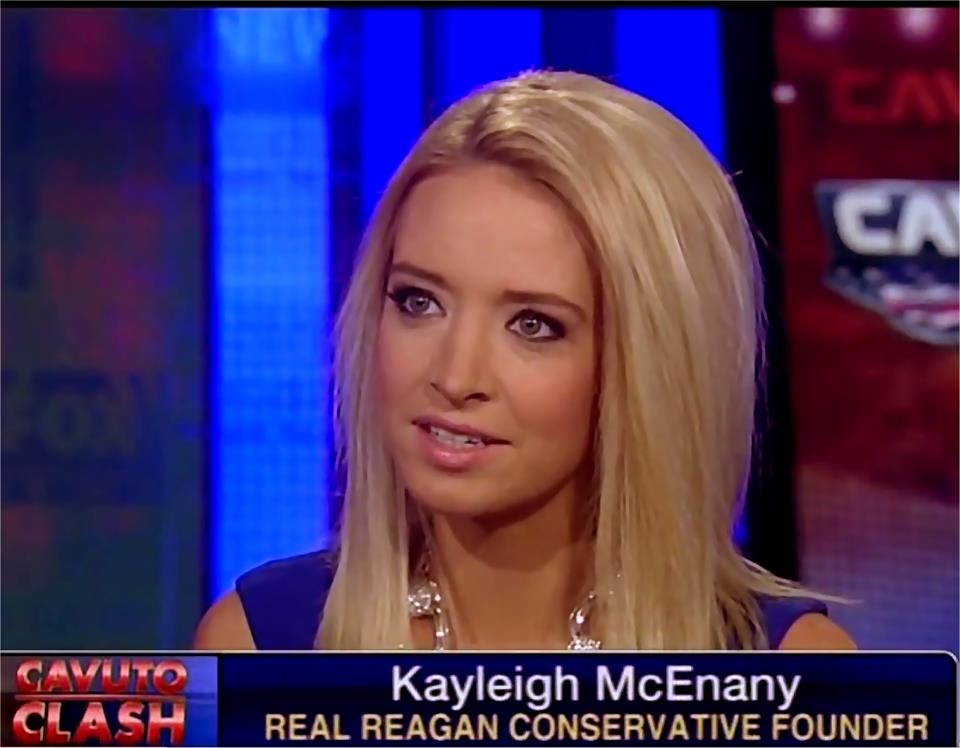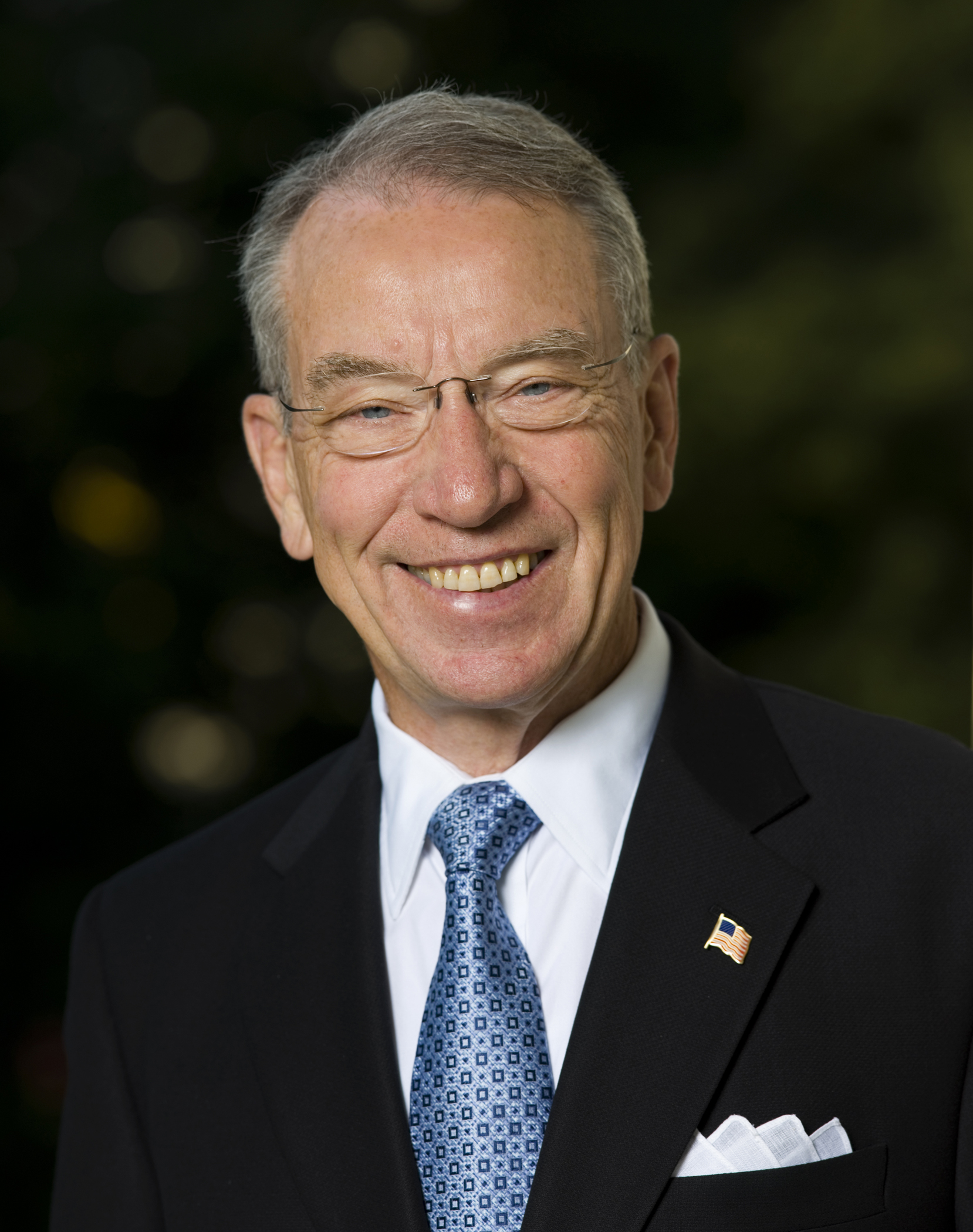
I had an interesting conversation recently with a conservative figure who took aim at the estate tax. I try not to be too dismissive of folks I’m not normally inclined to agree with. Occasionally, I encounter a point of view that I hadn’t considered before and my position becomes a little less entrenched, or perhaps more nuanced as a result. This really wasn’t one of those times.
The goal of the estate tax is not even veiled in fake rationale. The idea is to break up the trend of accumulated wealth from generation to generation. As we have seen, the amassed fortunes over time are trending toward a concentration of wealth. This is not really consistent with what we assume to be an economy that is effective at broadly distributing economic opportunities and rewards for hard work and success.
The kind of opposition we usually see to the estate tax stems from a few key arguments. There is a strong feeling among opponents that taxes have already been paid on the money that is in the estate and that taxing them again would be immoral regardless of how much wealth we are talking about. This “already taxed” concept is reinforced by the fact that the estate is responsible for paying the tax and not the heirs. The net effect is that there is less to distribute after taxes of about 40% are paid on the value over the $5.34 million threshold. This happens regardless of how many heirs there are.
Another common argument is about family farms. The story goes that if a farm that is worth more than the threshold, it will more likely go under because the heirs can’t afford to pay off the tax bill on the farm.
The reality is that there are some modulating controls in place. When you die, up to $5.34 million of net value of your estate after exemptions is protected from the tax. Family farms are also eligible for value reductions in order to make it less likely that the estate tax would be a problem. Married couples are usually able to protect twice the net value from the tax man by allowing the surviving husband or wife to bring forward the exemption of their deceased spouse.
As for the money having already been taxed. The simple fact is that there are very few ways that significant amounts of cash may be transferred from one person to another that don’t involve some of that money going to the government as taxes. If someone buys a carton of milk, they are buying it with money that’s already been taxed.
The economy is a system. It’s a system that has been modulated over the years for various reasons. Some of the changes have had negative effects and some have made things work better. What is the purpose of the economy? Should the system create economic prosperity for the broadest number of people? Should it allow wealth go grow and concentrate in order to sustain enormous private investments in technology and automation? I won’t attempt to answer that here. Rather than stop writing though, let’s say that however we choose to optimize things, the result should ensure that prosperity is at least an option for every person.
Traditional video games provide a useful model of how prestige and success are acquired in a gamified world. Things get harder as you work your way through levels and more powerful bosses. Forward progress is hampered by greater challenges
The baseline package for middle-class to upper-middle-class life is similar to this gaming model. You have to hustle to make a living. Success is fostered by a good education, a stable home environment, some aptitude at interpersonal skill, and it doesn’t hurt to be attractive or a bit taller than your peers. Generally though, you rise up through the ranks, competing with everyone else to get noticed. You obtain credentials, experience and, if you stay out of trouble, you can earn a comfortable living and even retire at a fairly young age. It can get much worse than that, but it can also get much, much better.
Some individuals truly excel at earning a living, even with modest beginnings. The self-made story is the example we turn to when we visualize the ultimate success in our economy. These people epitomize the righteous intersection of opportunity and preparation and the result can be impressive financial rewards. Artists, business leaders, inventors, surgeons, lawyers, models, actors, comedians and writers can all excel at their craft in countless ways, rising to the top of their field and making a fortune. Reaching this potential may require significant personal sacrifice and discipline.
An interesting thing happens with money though. There is an inflection point at which your savings can earn enough dividends and interest to support you more-or-less in perpetuity. Finding that point is a personal journey because expenses can go as high as you want, and so it is also possible to live a life burning through more cash every month than most people earn in a year.
In the 1990’s Donald Trump famously had to dig himself out of near financial ruin. His creditors allowed him a $65 million line of credit but under the agreement his personal expenses were limited to $450,000 per month. This burn rate is from more than 20 years ago and is more than 100 times the income of the average household today.
We do have a name for a financial status called “independently wealthy” even though we don’t have a number to assign to it. What it means, is that you have enough money to live comfortably without working. Let’s try to put a stake in the ground and define that term using some common ideas that may be flawed an arbitrary, but perhaps useful.
The average household income in 2013 was $51,939. Having a million dollars in securities that track the S&P 500 should be able to generate that kind of income passively from dividends and interest with no personal labor required. This comes with the added benefit of having a lower tax rate than a typical worker would incur from their paychecks. This passive income is based on a conservative return on investment as opposed to the average return which has been higher in recent years.
The point is that if you can scrape together a million dollars, the money, with a few caveats, can be expected to produce as much income every year as the average family earns and will allow for a modest rise in inflation. If you don’t retire, but remain at work, you can reinvest all that income and it will grow quite rapidly. All you need to do, is leave it alone. Better yet, you can keep saving.
One million dollars is in securities is not an easy thing to get hold of. For most people, it would be a lifelong pursuit. In fact, According to the Wall Street Journal, the combined value of all household assets in the US isn’t more than about $85 trillion – and that isn’t all cash. For every family to have a million-dollar nest egg working for them, it would have a total value of 50% more than all of the personal assets that exist in the US today.
The estate tax is an example of our system attempting to make a correction. If you accumulate enough wealth in your lifetime, that is great, but you can’t take it with you, and you can’t shuffle your heirs to the front of the line without sacrificing a significant chunk of your estate to pay for services like education, infrastructure, the military and the other obligations of the federal government.
Even where the estate tax comes into play, the heirs of the very wealthy may well sit down at a game that has already been won on their behalf. They can, more or less, play with the credits earned by their parents. And, while nothing is perfectly fair in life, this is pretty clearly weighted in favor of the rich. Would the world be a better place if every single one of us had to start life doing the hardest, most backbreaking jobs, earning promotions and working our own way to economic independence? Maybe so, but we will never know.
Having said that, in a system that makes the accumulation of wealth easier, not harder as you acquire more, some controls should probably be established. If for no other reason, then let’s at least consider that we don’t want to face the consequences of a society that appears to be permanently and hopelessly bifurcated by wealth inequality. This would be a recipe for a revolution.


